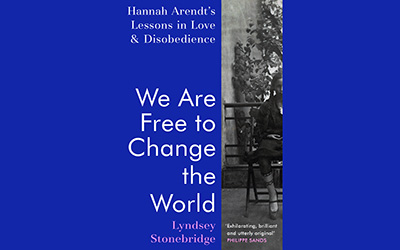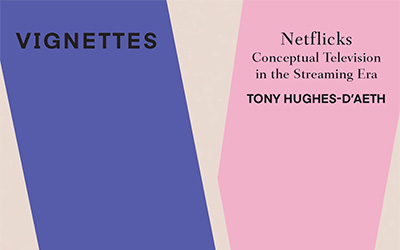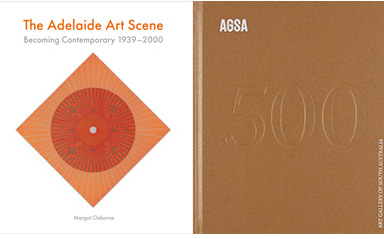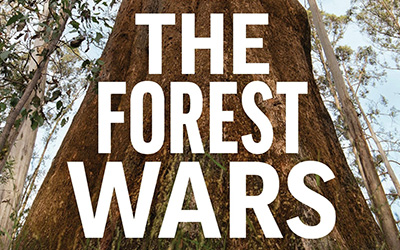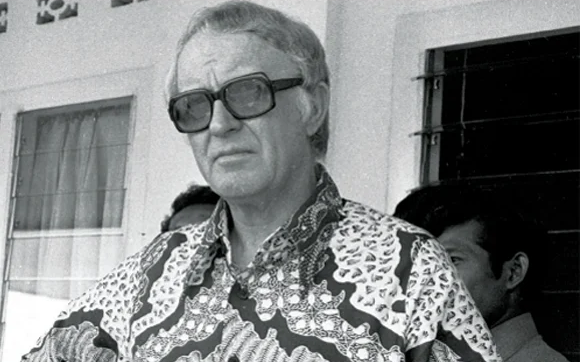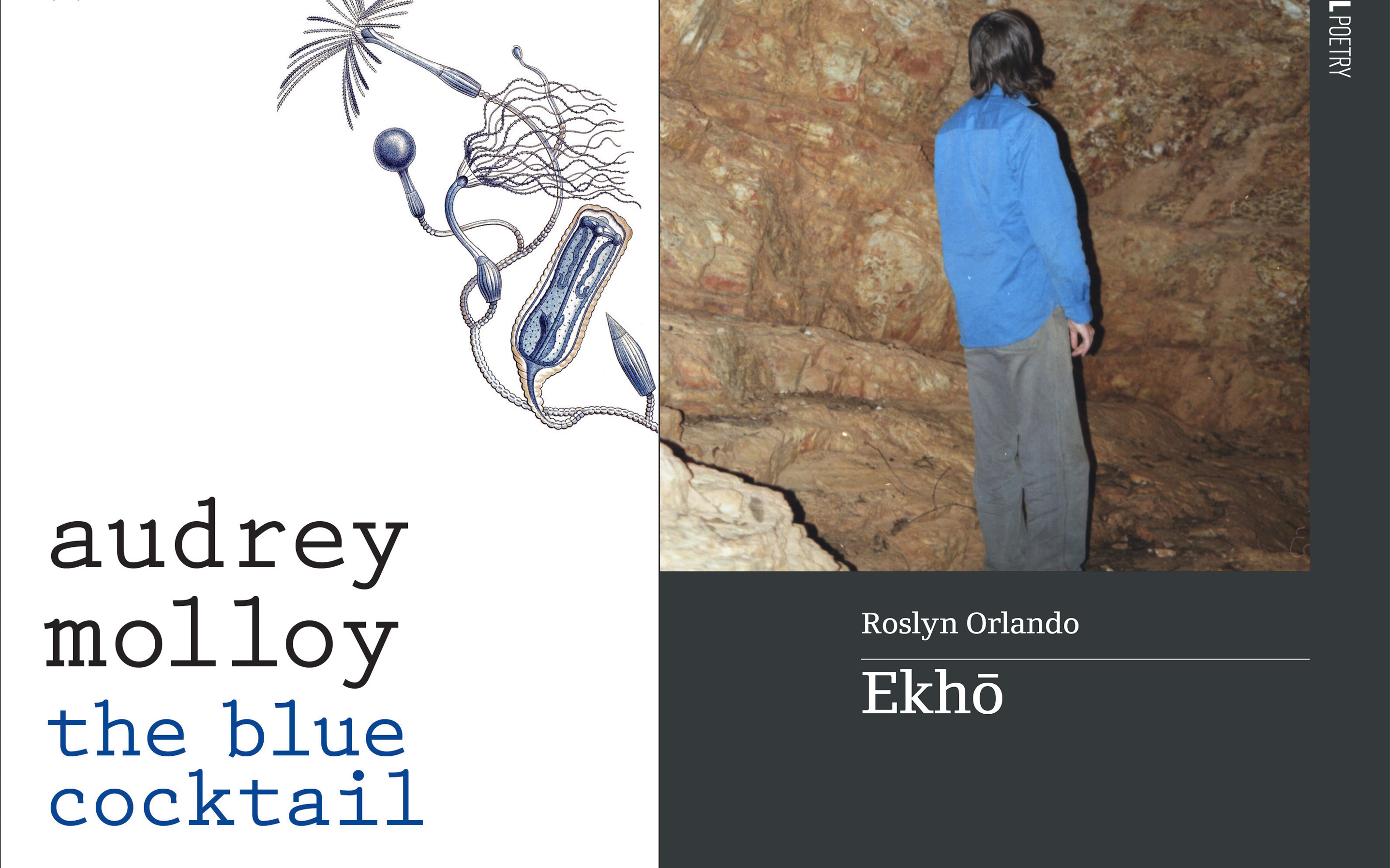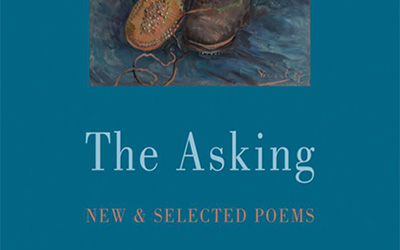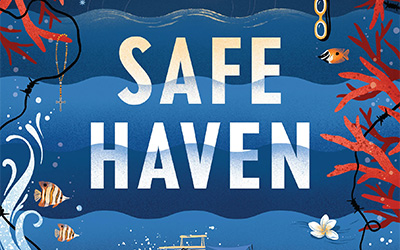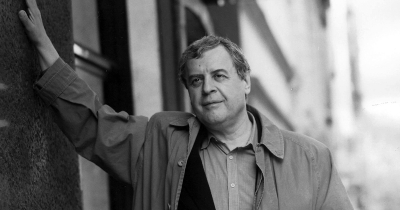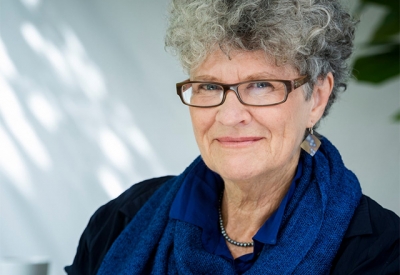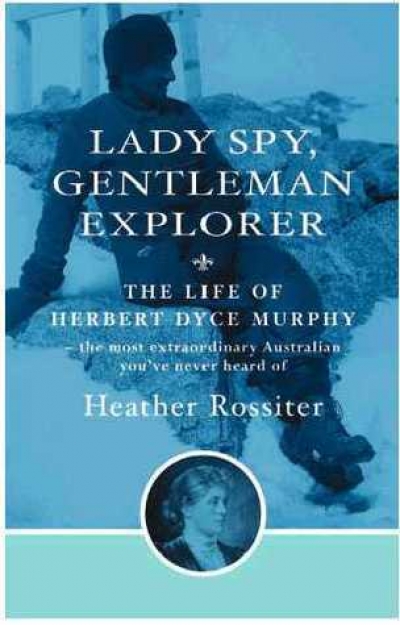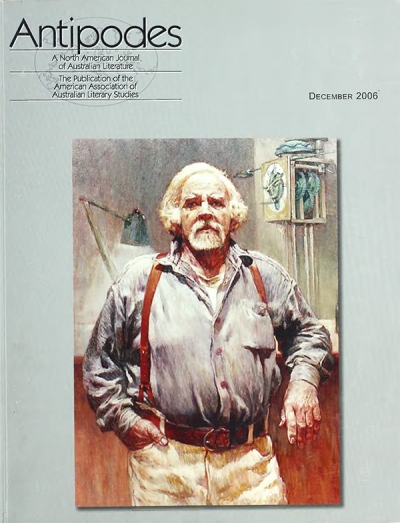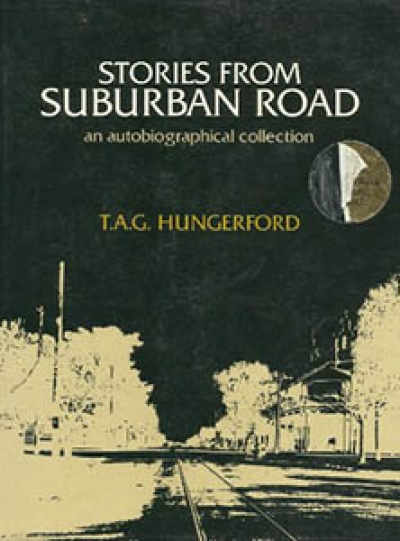Philosophy
We Are Free to Change the World: Hannah Arendt's lessons in love and disobedience by Lyndsey Stonebridge
We Are Free to Change the World, an intellectual biography of Hannah Arendt, is Lesley Stonebridge’s seventh book, and is informed by the author’s expertise in twentieth-century literature, history, law, and political theory. Stonebridge is a Professor of Humanities and Human Rights at the University of Birmingham, and a regular contributor to the New Statesman. A successful scholar, she is also used to communicating to audiences beyond the academy.





